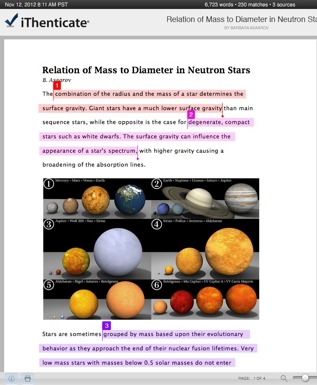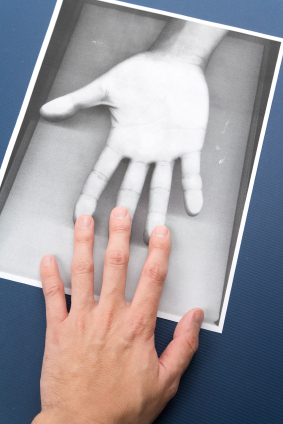 A recent survey conducted by the Pew Research Center’s Internet and American Life Project found that teachers felt that, while technology has made writing easier to teach, it’s also made student writing less formal and, even more worrisome, led to an increase in plagiarism.
A recent survey conducted by the Pew Research Center’s Internet and American Life Project found that teachers felt that, while technology has made writing easier to teach, it’s also made student writing less formal and, even more worrisome, led to an increase in plagiarism.
Menu
-
Solutions
-
Our Solutions
-
AcademicSurface potential plagiarism prior to publication with iThenticate’s expansive content database.
-
AdmissionsScreen personal essays for potential plagiarism and help ensure the highest level of integrity even before matriculation.
-
GovernmentEnsure the originality of public-facing content, from legal documents to grant applications, and reporting.
-
MedicalPrevent invalid findings dissemination, grant misconduct, and improper medical practices.
-
PublishingProtect your journal’s reputation by publishing only the highest quality articles.
-
-
Resources
-
Our Resources
-
FAQFind the answers to the commonly asked questions about how iThenticate works.
-
Content DatabaseComprehensive coverage you can trust across the internet, scholarly articles, and industry papers.
-
GuidanceSearch our comprehensive site for the launch, integration and usage information.
-
-
Pricing
-
Login
-
Buy Credits










 In 2013, plagiarism might, reasonably, seem to be an act of self-destruction. In an era where words can trivially be tracked and searched for, committing an act of plagiarism could easily be mistaken for an act of career suicide rather than a means to improve one’s reputation.
In 2013, plagiarism might, reasonably, seem to be an act of self-destruction. In an era where words can trivially be tracked and searched for, committing an act of plagiarism could easily be mistaken for an act of career suicide rather than a means to improve one’s reputation.


